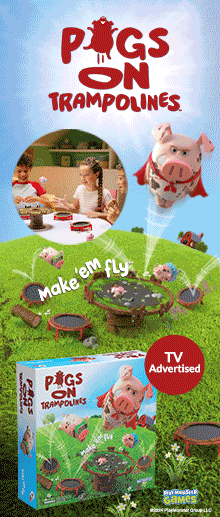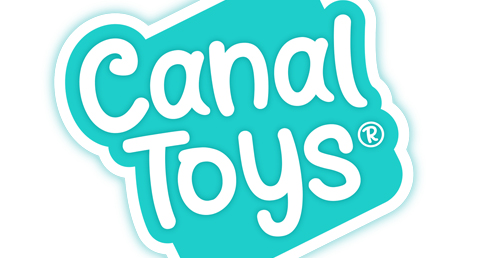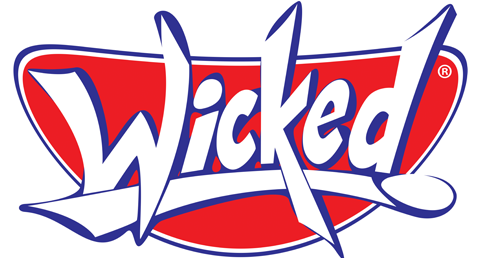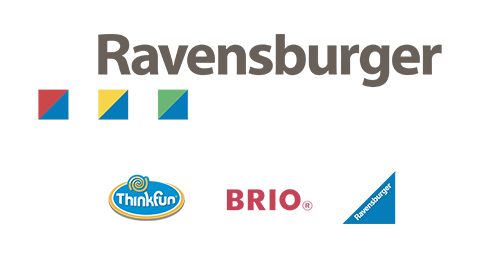And so, the news we were all fearing – yet expecting – finally came to pass; Toys R Us UK has been placed into administration. Not a great surprise, but an immensely sad day all the same. First and foremost, let’s not forget the 3,000 staff whose jobs are almost certainly going to disappear. They may have been paid a week early this month (a sure sign that the end was nigh), but how long they will remain employed by TRU is anyone’s guess.
Moorfields, the appointed administrator, is a new name on the scene, after the Pension Protection Fund pressured TRU not to appoint Alvarez and Marshall, the company that had been handling proceedings up to now (a slightly bizarre move if truth be told). They have said that they are making every effort to find a buyer, at least for parts of the business, but let’s be honest, that outcome looks increasingly unlikely. Tellingly, there was no pre-pack deal put together before the administration announcement was made; add to that the complex nature of the TRU global business, the tangled financial web and the strong likelihood that the TRU name wouldn’t be part of any deal and you are left with the feeling that there is little for an existing retailer to buy that wouldn’t potentially come their way anyway.
I’m hearing credible rumours that several retailers are already in talks to acquire parts of the store estate; The Range is rumoured to be looking at anything up to 30 sites, while B&M has also been mentioned as an interested party. Negotiations won’t be entirely straightforward; many of the rent deals that TRU has been paying are wildly over-priced, based on historic expectations of turnover that just aren’t there anymore. Add exorbitant business rates to the equation and the fact is that, in many cases, the numbers simply don’t add up. In reality, landlords will have to accept significantly lower offers to seal the deals. It will be interesting to see if they are prepared to do that.
While sad, surely few could have foreseen any other outcome to the TRU saga; the notion that TRU was ‘too big to fail’ never really made sense. There were undoubtedly missteps; the timing of the US bankruptcy protection has been called into question, with some suggesting the retailer would have been better to wait until January, which may have improved Christmas trading figures and given them more cash to help reconfigure the business. But as there is a legal obligation on company directors not to trade while insolvent, maybe they had no choice – it is entirely plausible that they knew the operation couldn’t survive until the New Year without protection. The ‘bonus’ scandal was perhaps the worst error of judgement; it lost TRU an immense amount of goodwill and empathy from suppliers. But, ultimately, a combination of a business model that badly needed revising and a completely unsustainable level of debt at the US parent company made the end inevitable.
Media reports have conflated the TRU and Maplin administrations and reached the conclusion that retail Armageddon is approaching (and that’s if we survive Snowmageddon), exacerbated by the relentless march of Amazon and the internet. I believe the truth is far more nuanced. Smyths and The Entertainer – not to mention a healthy independent toy retail channel – demonstrate that specialist toy retailing can be successful when you have a viable business model and don’t have a US parent company hiving off all your profits to pay down their debt mountain.
These retailers will now benefit from the fact that there is £250-£300m of toy turnover up for grabs (a best guess, working on the basis that TRU’s turnover was around £400m, taking out baby, books, video games, bikes and the like). For bigger operators, it provides a great opportunity to boost turnover. For some smaller stores, it may make all the difference in helping them to keep their head above water, especially those indies where a TRU pop-up down the road provided their main competition.
So, while we rightly mourn the loss of Toys R Us, let us also bear in mind there are two sides to every story. We’ve been here before, ten years ago when Woolworths (another ‘too big to fail’ retailer) went down. It took a short while for the toy market to recalibrate, but the growth of Smyths, The Entertainer, B&M and many successful independent toy retailers was unquestionably aided by Woolworths demise. Forward-thinking toy retailers will undoubtedly benefit from this latest turn of events; they will have been making plans for this day, as suppliers would also have been. This sad denouement has been coming a mile off, and while the fallout and aftershocks will continue for some while, preparing for life in a post-TRU world is already well underway. And somehow, I doubt the UK is the only market that will need to do that…















